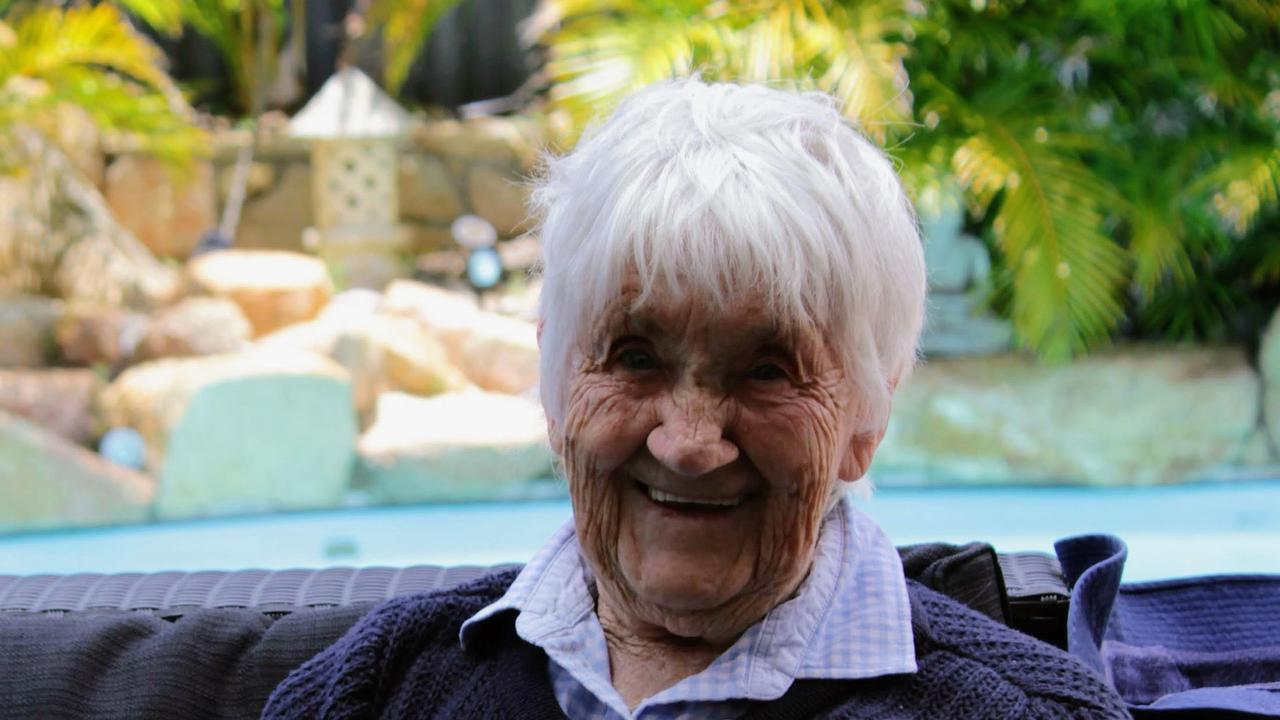Incapacitated by longing, lust and love
FOR sheer perversity, no one in contemporary English literature can hold a candle to Adam Mars-Jones.

FOR sheer perversity, no one in contemporary English literature can hold a candle to Adam Mars-Jones.
In 1981, aged 26, he published a volume containing three short stories, the second of which imagined the Queen catching rabies from one of her corgis. Its combination of Wodehousean comedy and astringent modernist prose won Lantern Lectures such high praise that, in 1983, he was included on Granta's first Best Young Novelist list without having written one.
Mars-Jones kept readers waiting until 1993, when he scraped into the Granta list for a second time on the strength of the imminent arrival of his debut, The Waters of Thirst. That novel, consisting of 182 pages of generously spaced text without chapter or paragraph breaks -- concerning the mainly domestic observations of William, a waspish gay man awaiting a kidney transplant -- was hailed as a little short of a masterpiece.
But it was with his next novel in 2008, Pilcrow, that Mars-Jones finally let rip. It was a 500-page baggy monster of a fiction in which readers were introduced to John Cromer, a child of England's mid-century whose early bout with Still's disease left his bones fused together, effectively imprisoning the boy in his skin. Reading it was like being forced to walk alongside the primitive electric wheelchair that John's grandmother gives him: an education in slowness that infuriated you or brilliantly rewired your sense of what a life can be made from.
What has become clear with publication of Cedilla after a mere blink of 18 months is that John Cromer's story is an epic in the making. For this even longer novel picks up the narrative where Pilcrow left off, with John in his teens, undergoing immensely painful surgery -- an early double hip replacement -- just to be able to sit up. The gain won from this harrowing experience is admission to a local grammar school for the final years of his secondary education. (John's time at Vulcans, an institution for the disabled, took up much of the preceding volume.)
Cedilla, then, oversees a great expansion in John's potential. It injects him into the bloodstream of the "normal" world of healthy peers, sex and drugs and rock 'n' roll, religion and class, travel and university: all the materials the young of the 1960s and 70s embraced or rejected on their way to maturity. It is a slow-mo bildungsroman, where our hero wins a thousand incremental victories against the stubborn fact of his disability to emerge a fully independent adult.
This, it should be said, doesn't make Cedilla an worthy, uplifting narrative or John an edifying individual: Mars-Jones is careful to balance our sympathies towards a teenager and young adult whose bravery is indistinguishable at times from mulishness, and whose evident charm and intelligence can shade into arrogance and pedantry.
Still, however unappealing John becomes, we are never allowed to forget that the entire physical realm is tilted against him and that his more abrasive self is an inevitable byproduct of attempts to make headway against it.
In this, John is paid the compliment of being an ordinary, fallible human being. But in most every other respect Mars-Jones has drawn him outsized, a giant of the imagination (in reality he is 142cm tall: the same height, John reminds us, as Edith Piaf) brimming with enthusiasms and wild plans, and indomitable in his efforts to bring them to fruition. Most importantly for those slogging through these 700-odd pages, every step of his progress is recounted with unflagging comic energy.
Here, for instance, is John describing his magnificently horrible German teacher, Klaus Eckstein, taking snuff:
Eckstein kept a hanky handy for the inevitable sneezes, but even so his waistcoat became encrusted with grains and stains. Suede seemed a material perfectly chosen to welcome into its nap a mist of volatilised mucus suspending particles of ground tobacco. The flecked waistcoat and his snuff habit gave him a spicy smell, like gingerbread gone wrong.
His days at Burnham Grammar are all rendered like this: schoolboy grossness, recalled with a supersensitive delicacy, as though Adrian Mole had swapped souls with Marcel Proust. It is an odd marriage that makes more sense when you learn John is gay. His adolescent yearnings, made doubly hopeless by the prohibitions of the era and his physical state, reveal a breach between the world of the able-bodied and disabled more profound than any sexual difference:
I could see boys dashing along a corridor and turning a corner at full tilt, sliding and scrambling on the polished floor like unshod skaters but somehow not coming to grief -- coming to joy, rather.
If Cedilla can be said to have a narrative arc, it comes from this struggle, between John's longing for full engagement with the world -- an effort hemmed round as much by the excruciatingly good intentions of his upper middle-class family as by his physical limitations -- and a desire to abandon it altogether.
A fascination with Hinduism and its rejection of the body leads the teenager on a journey to India in search of enlightenment, while his return to England and Cambridge University returns him with redoubled force to his body and its needs. Neither provides the satisfactions it promises.
This is not a perfect novel. It is too long, even for a mock epic, and the India sections, cut off from the fertile satirical grounds of middle England, sag. News that we are only halfway through a projected quartet of John Cromer novels will give even the most rampant fan pause.
But Mars-Jones is attempting something special here: a sequence of fictions whose ambitions are constantly at war with the modesty of materials they employ.
It would be a shame if the apparent perversity of the experiment overshadowed the commanding figure John Cromer is poised to become.
Geordie Williamson is The Australian's chief literary critic.



